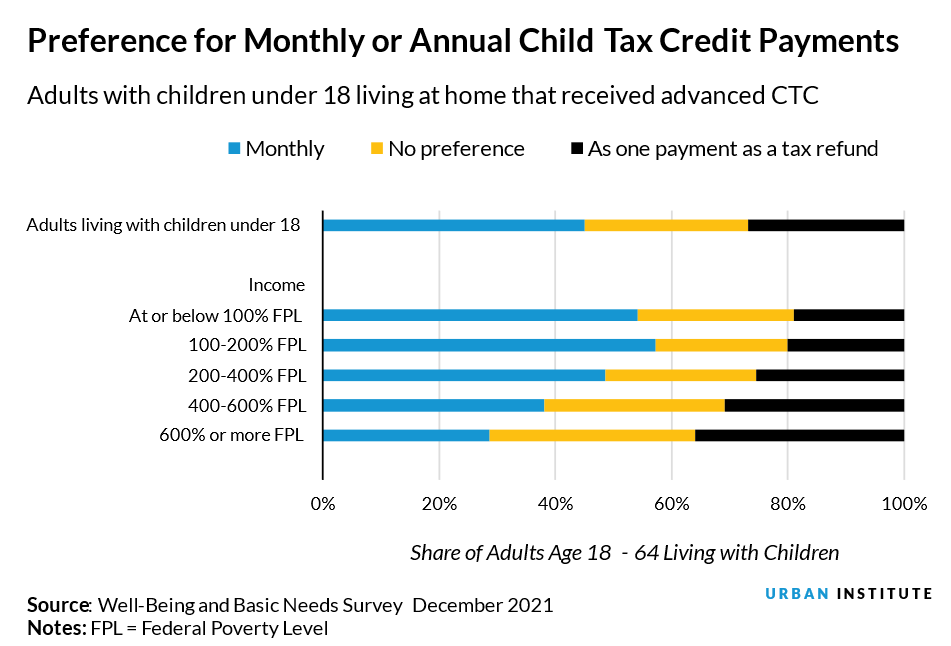A Moot ARPA Challenge, Whistleblower Claims, And More Credits
US Supreme Court declines review of Ohio’s challenge to use of ARPA funds. The high court, without comment, left in place the ruling of the US Court of Appeals for the Sixth Circuit that Ohio cannot challenge the American Rescue Plan Act’s offset provision. That provision prevents states from using the federal aid to directly or indirectly offset a reduction in their net tax revenue.
TIGTA: IRS should do more to improve data collection and analysis regarding whistleblower claims. The Treasury Inspector General for Tax Administration, in its latest report, found that the IRS doesn’t capture all the data that could help in determining if claims should be referred for enforcement. TIGTA recommended that the IRS change how it analyzes issues identified in whistleblower claims, clarify procedures on notification timeliness, and track and monitor compliance with timeliness standards.
Connecticut Gov. Ned Lamont signs tax cut package. Sixty percent of people in Connecticut will see their taxes go down thanks to the budget plan signed yesterday by Democratic Gov. Ned Lamont. The budget includes “historic” income tax cuts for lower- and middle-income families and increases the state’s earned income tax credit (EITC) from 30.5 percent of the federal EITC to 40 percent.
Speaking of credits: What’s more helpful to middle- and low-income families, tax credits or a higher standard deduction? TPC’s Elaine Maag highlights a new TPC analysis: It suggests that the largest tax savings from increasing the standard deduction would go to those with the highest incomes, leaving middle-income workers with just a quarter of the total benefit and low-income families with even less. With a fully refundable child tax credit, all families would receive the same benefit, and families with high incomes would not be favored over families with low or middle incomes.
New Jersey’s property tax cut might not work as intended. TPC’s Richard Auxier examines the StayNJ Act, which offers a property tax credit that would cut tax bills in half for homeowners ages 65 and older. If the goal is to support low-income seniors, the legislation should include an income eligibility limit. Also it’s not clear that property taxes are the reason for any population declines. Richard concludes, “New Jersey policymakers should ensure their chosen policy achieves the stated policy goals within reasonable fiscal restraints.”
For the latest tax news, subscribe to the Tax Policy Center’s Daily Deduction. Sign up here to have it delivered to your inbox weekdays at 8:00 am (Mondays only when Congress is in recess). We welcome tips on new research or other news. Email Renu Zaretsky at [email protected].






